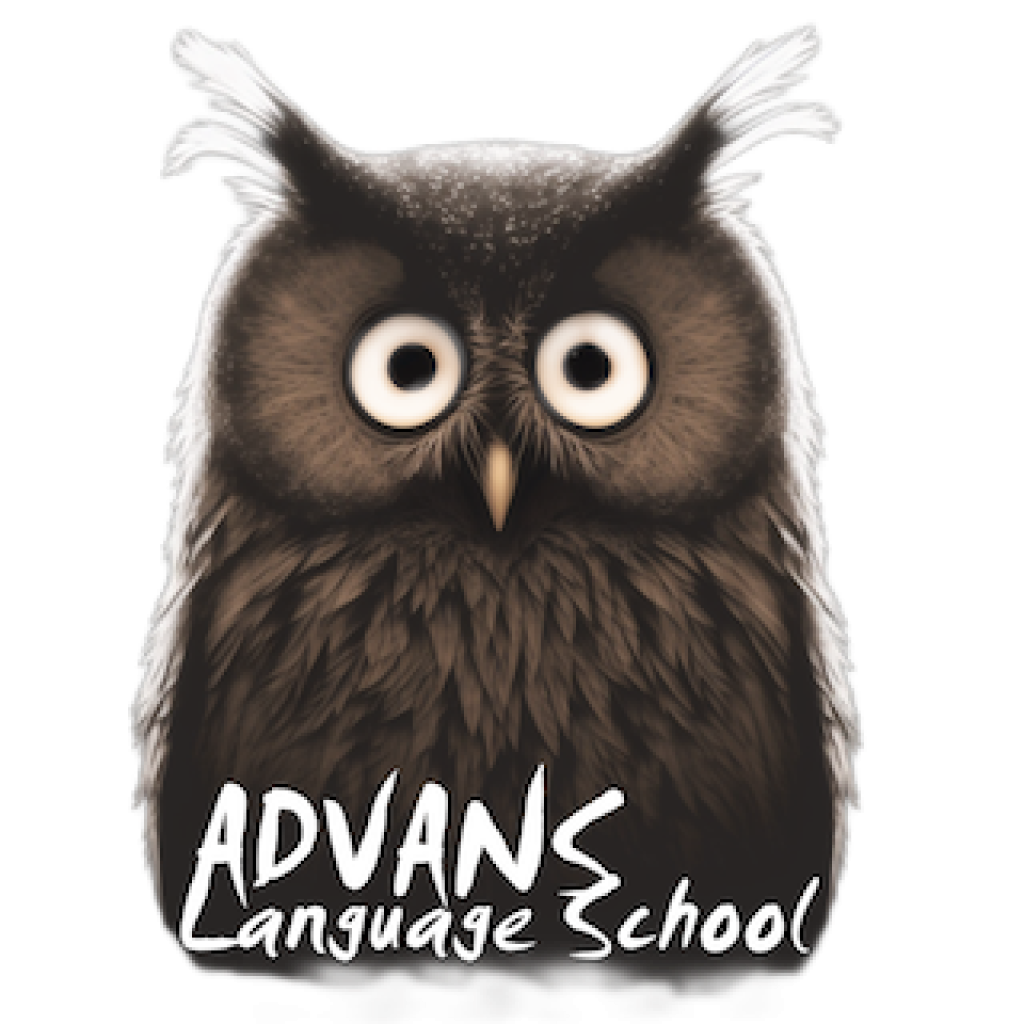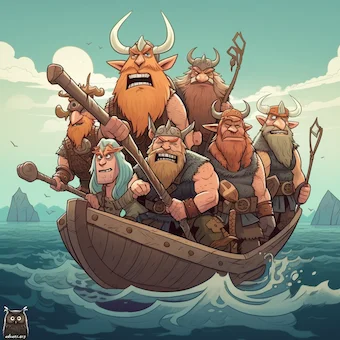When we think of the Vikings, we often picture them as fierce raiders who plundered the coasts of Europe in the Middle Ages. However, the Vikings also left a lasting impact on the English language, with many words of Viking origin still in use today.
The Vikings, who came from Denmark, Norway, and Sweden, first began raiding England in the late 8th century. They quickly established a foothold in the north of the country and eventually conquered much of the east and midlands. They even came close to conquering the whole of England, but were stopped by King Alfred the Great.
As the Vikings settled in England, they brought with them their language, Old Norse. This language, which is related to modern-day Icelandic, is the source of many words that are still in use in English today. Here are just a few examples:
- Berserk: This word, which means “out of control with anger or excitement,” comes from the Old Norse word berserkr, which referred to a warrior who fought in a trance-like state.
- Skirt: The word “skirt” comes from the Old Norse word skyrta, which referred to a shirt or tunic.
- Husband: The word “husband” comes from the Old Norse word husbondi, which meant “householder” or “master of the house.”
- Thrall: The word “thrall,” which means “slave” or “servant,” comes from the Old Norse word þræll.
- Saga: The word “saga,” which refers to a long story or tale, comes from the Old Norse word saga, which meant “story.”
- Fjord: The word “fjord,” which refers to a long, narrow inlet of the sea between high cliffs, comes from the Old Norse word fjörðr.
These are just a few examples of the many words of Viking origin that are still in use in English today. The Vikings may have been fierce raiders, but they also left their mark on the English language, demonstrating that even in war, there can be a lasting cultural exchange.

